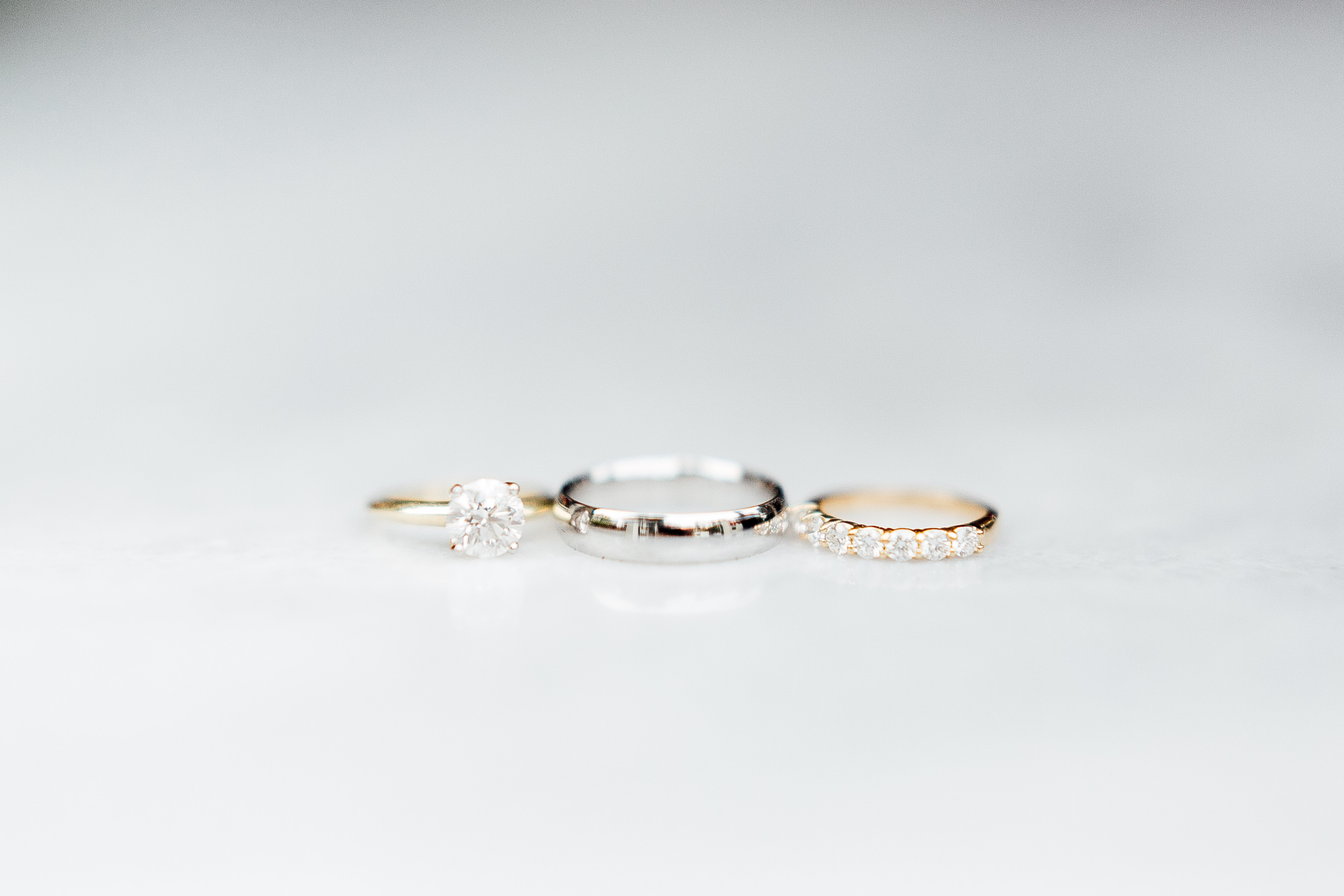We love shining the light on ethical brands in the wedding space. In this guest post from 77 Diamonds, you’ll learn about 5 key questions to ask your ring jeweler. Why? Because that glittering rock shouldn’t hurt motha earth. Luckily, 77Diamonds is coming at ya with advice for finding ethically sourced engagement rings that are socially conscious, sustainable, gorge, and budget-friendly (holla!).
So, cue the wedding bells, pop that ring finger, and get ready to dazzle in all the feel good energy of world-changing — one ethical wedding ring at a time!
Why Shop For Ethically Sourced Engagement Rings?
Guest Post From 77Diamonds
Here at Ethical Weddings, we believe you can have the best of both worlds: a wonderful wedding that’s also ethically conscious. It’s no secret that most weddings aren’t sustainable.
Statistics show that the average wedding celebration in the UK creates 14.5 tons of CO2.
To help your planning process, we’ll run through the questions you need to ask your jeweler to ensure that you have options when shopping for ethically sourced engagement rings. Wedding rings are one of the most important – and exciting – parts of any wedding, but with so much misinformation, finding a conflict-free ring is a complex pursuit.
Don’t worry! With these five questions, you’ll know exactly how to sort through the lot to find your ethical diamond in the rough!

1. What are your practices for supplying ethically sourced engagement rings?
The natural place to start is to ask what ethical practices the jeweler has in place:
- Are their supply chains ethical and transparent?
- Do they pay their workers a living wage?
- Do they try to minimize the impact of their business on the environment?
There are many different ways jewelers can be ethical – or not – so it’s worth finding out about their practices before you give them the benefit of buying one of their ethically sourced engagement rings.
2. Are Your Diamonds Certified?
One of the best ways to find conflict free engagement rings is to see if it’s certified through the Kimberley Process Certification Scheme (KPCS).
Conflict diamonds, a.k.a “blood diamonds”, are illegally traded to fund conflict in war zones throughout the world. They’re a serious problem, but the KPCS has allegedly eliminated 99.8% of their global trade.
Still, the complexity of the supply chain means that nothing is guaranteed. That’s why it’s paramount to choose ethically sourced engagement rings and jewelry certified under the KPCS. There are additional steps you can take to ensure your wedding ring is conflict-free. When assessing a diamond, ask the jeweler to provide exact details about its origin, certification, and business ethics.
3. Where Do Your Diamonds Come From?
KPCS certification is important, but to be absolutely sure you’re buying ethically sourced engagement rings, it’s best to check their country of origin. For the best chances of obtaining a conflict-free diamond, steer clear of diamonds from the following countries:
- Zimbabwe
- Angola
- Liberia
- Sierra Leone
- Ivory Coast
- Guinea.
Origin is a key factor when jewelry shopping, but what other questions can you ask when shopping for ethically sourced engagement rings?
4. Do You Support Community Projects?
Many jewelers fund projects to help the community – either locally or in the country they source their gems from. This extra, socially conscious measure is a good sign that you’re dealing with an ethical wedding jeweler who cares about the world around them.
5. What About Lab-Grown Diamonds?
If you’re not comfortable buying real gems or diamonds, consider asking your jeweler about lab-grown diamonds. Although they are much cheaper than natural diamonds, some people believe that they lack the same romance.
Rather than being forged in the deep layers of the earth for billions of years, they are grown in a lab with modern technology that emulates the same heat and pressure as the natural process of growing diamonds.
The quality, sparkle, and appearance of lab-grown diamonds are the same as natural diamonds. Chemically and physically speaking, they are identical – and the process of their creation is less open to unethical practices.
The sole difference between ethically sourced engagement ring diamonds and lab-grown are the origin. Aside from that, they are virtually indistinguishable.
The mining and human labor aspects of natural diamond production are open to abuse, whereas it’s easier to see where – and how – a lab-grown diamond is made.

As with natural diamonds, lab-grown diamonds still come with a carbon footprint. That’s why it’s important to ask your jeweler about the eco-friendly credentials of the particular labs involved.
Buying a lab-grown diamond for ethically sourced engagement rings is a great alternative. Not only is it much cheaper, allowing you to spend more money on other aspects of your wedding, but it’s also arguably the most ethical choice.
Sparkle (Without The Conflict) On Your Big Day!
Wedding planning is stressful enough, but asking your jeweler these five questions will open the door to a spectrum of ethically sourced engagement rings! Knowing that you’re doing all you can to have an ethical wedding will help you to relax and truly enjoy the whole process – and, most importantly, the big day itself.
You can be sustainable and sparkle (because, of course, you deserve it!), and that’s the beauty of conflict-free wedding rings!
Special thanks for 77 Weddings for providing your industry insights!
Have questions for your eco-friendly florist? Need the low-down on zero-waste bar service? Don’t leave without soaking up advice from other industry pros a.k.a world-changers featured in our Vendor Series!



be the first to comment